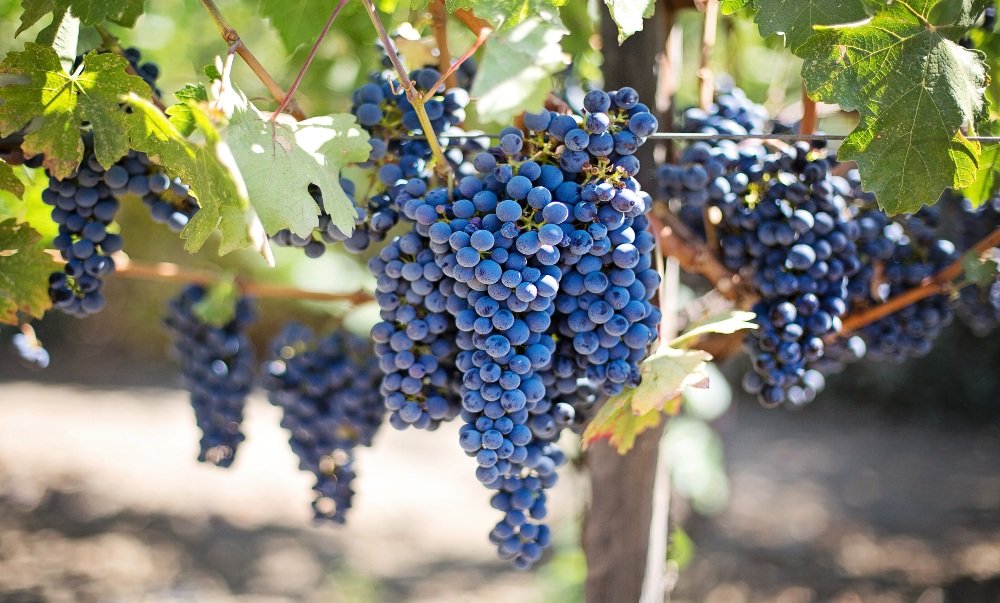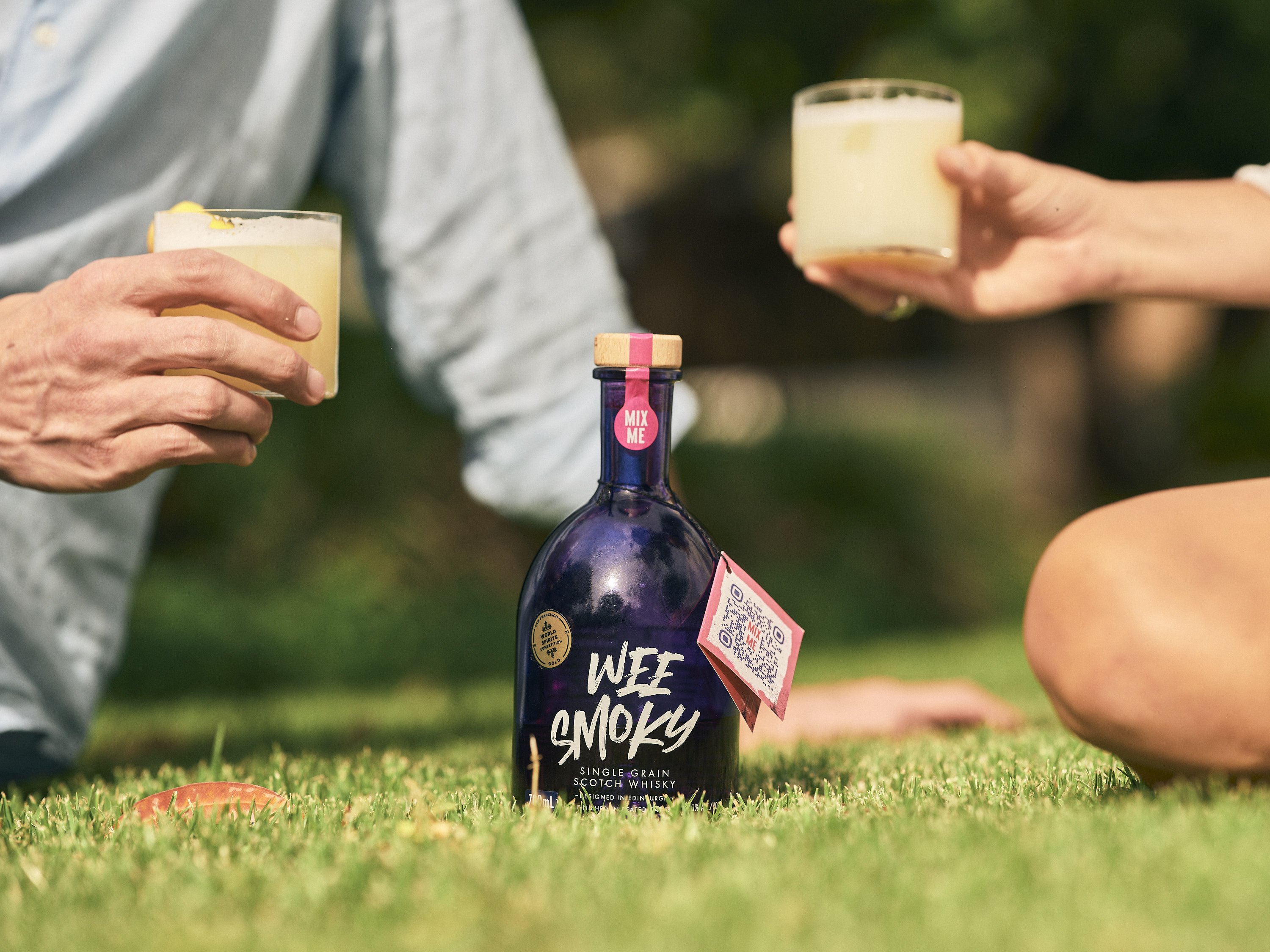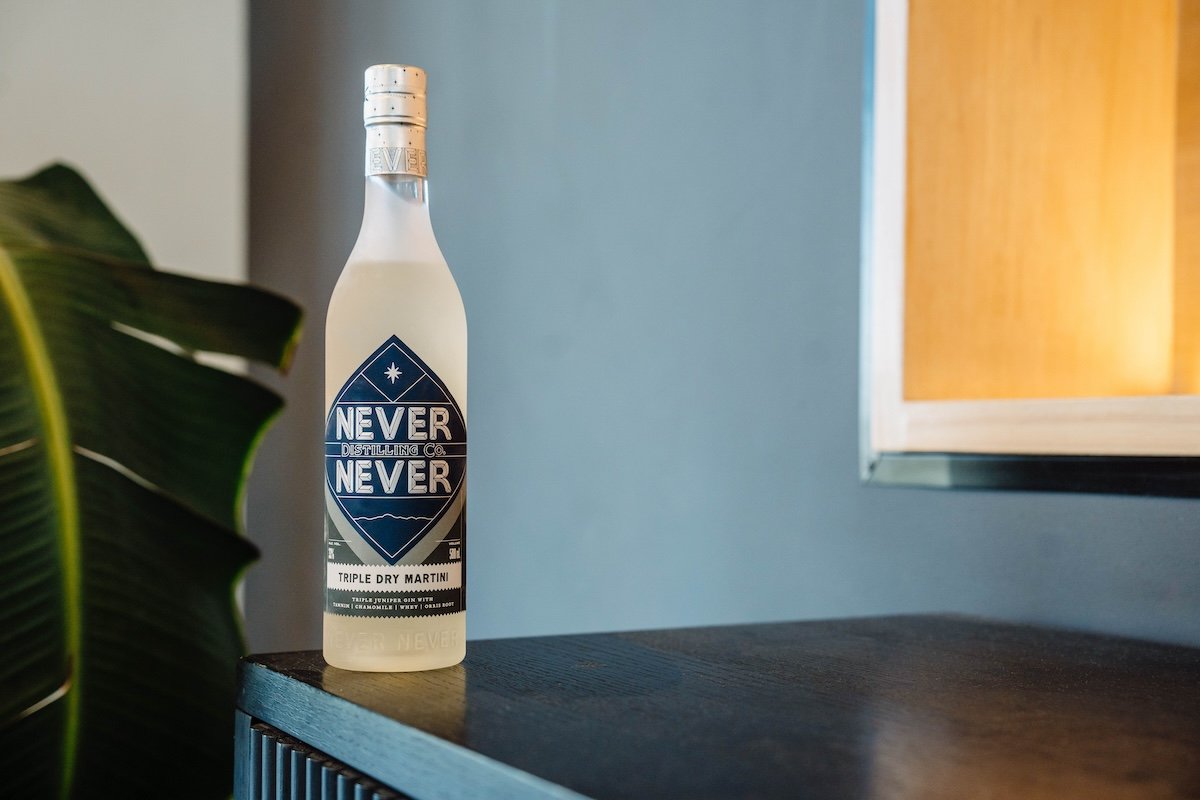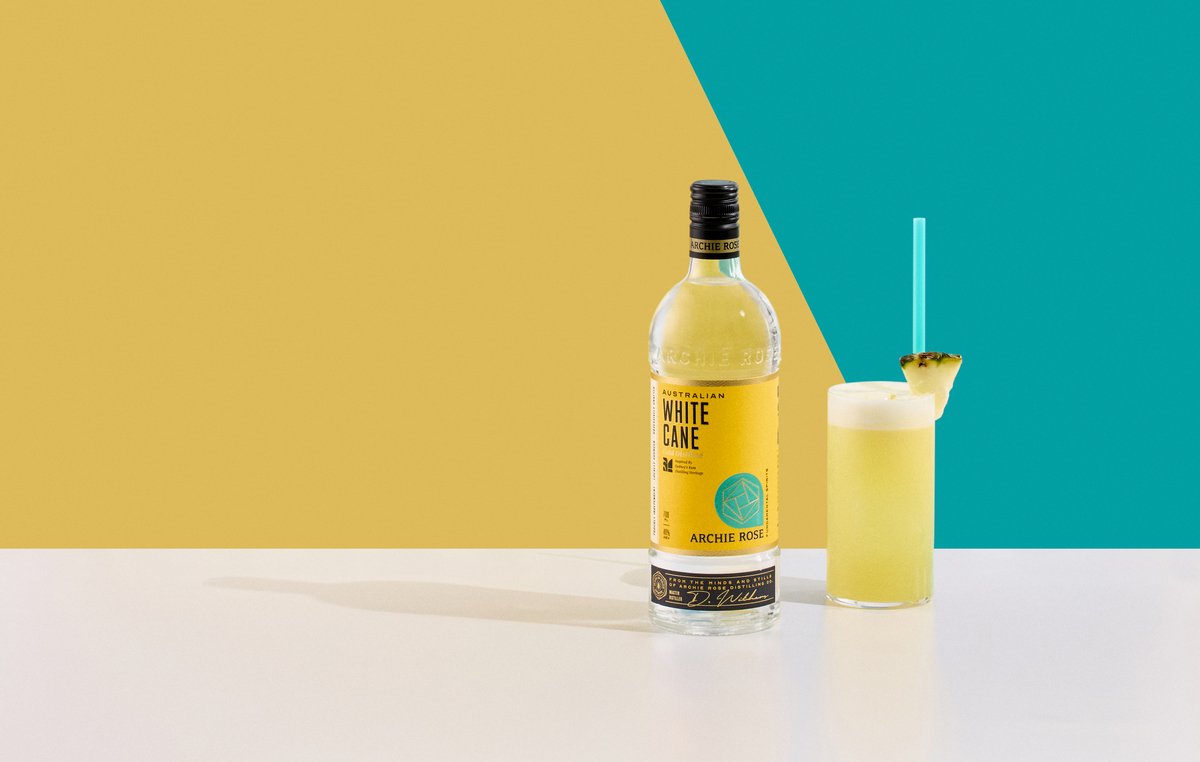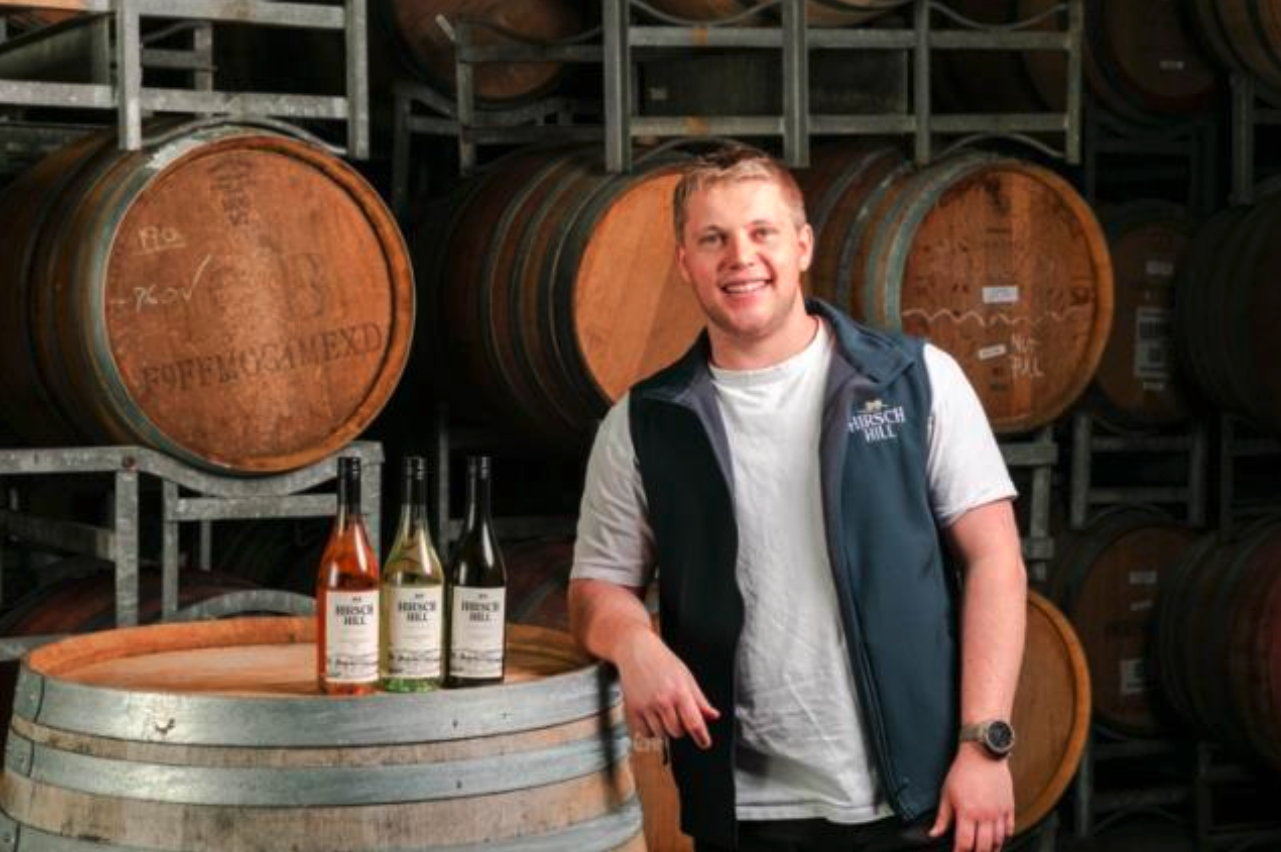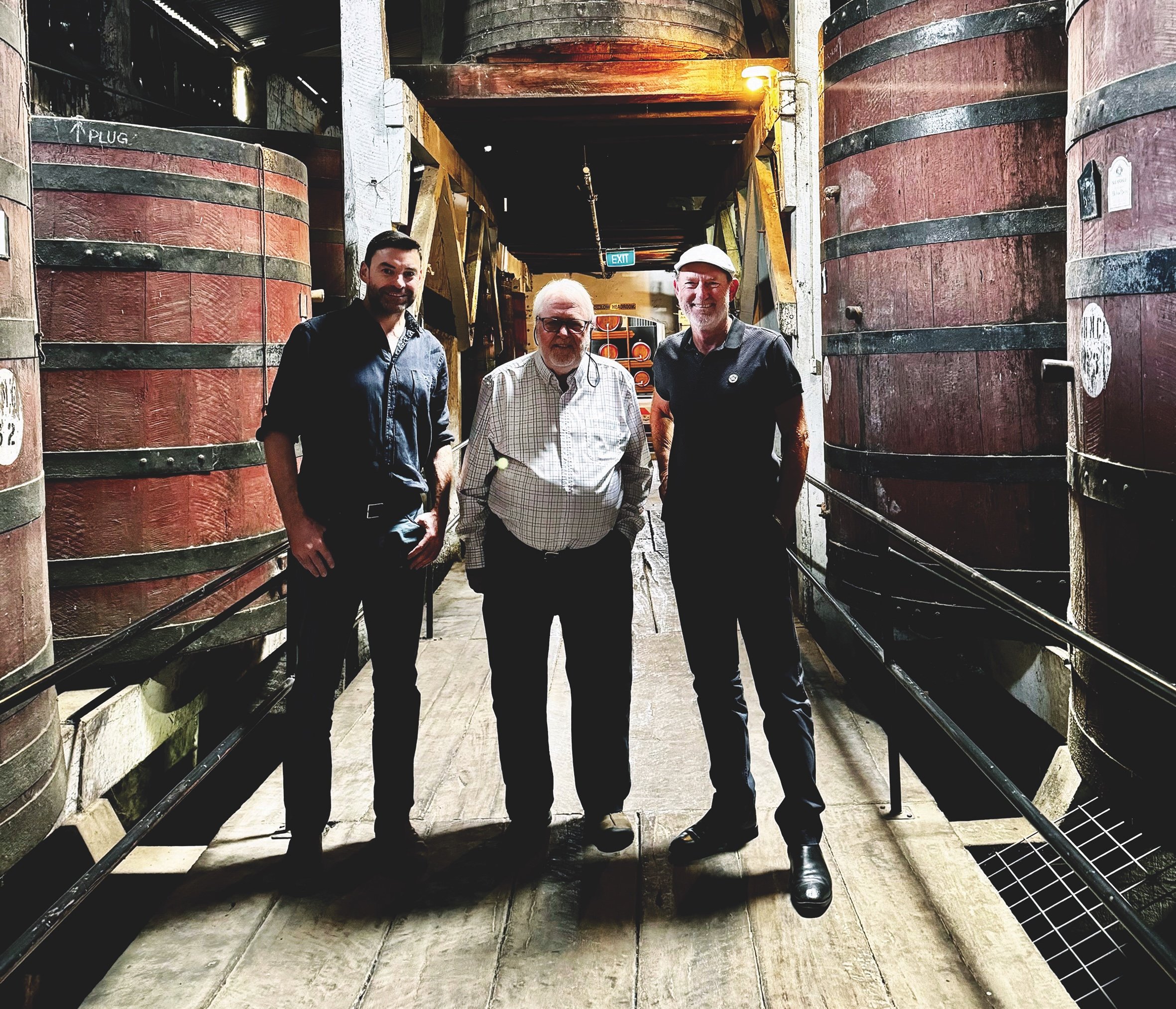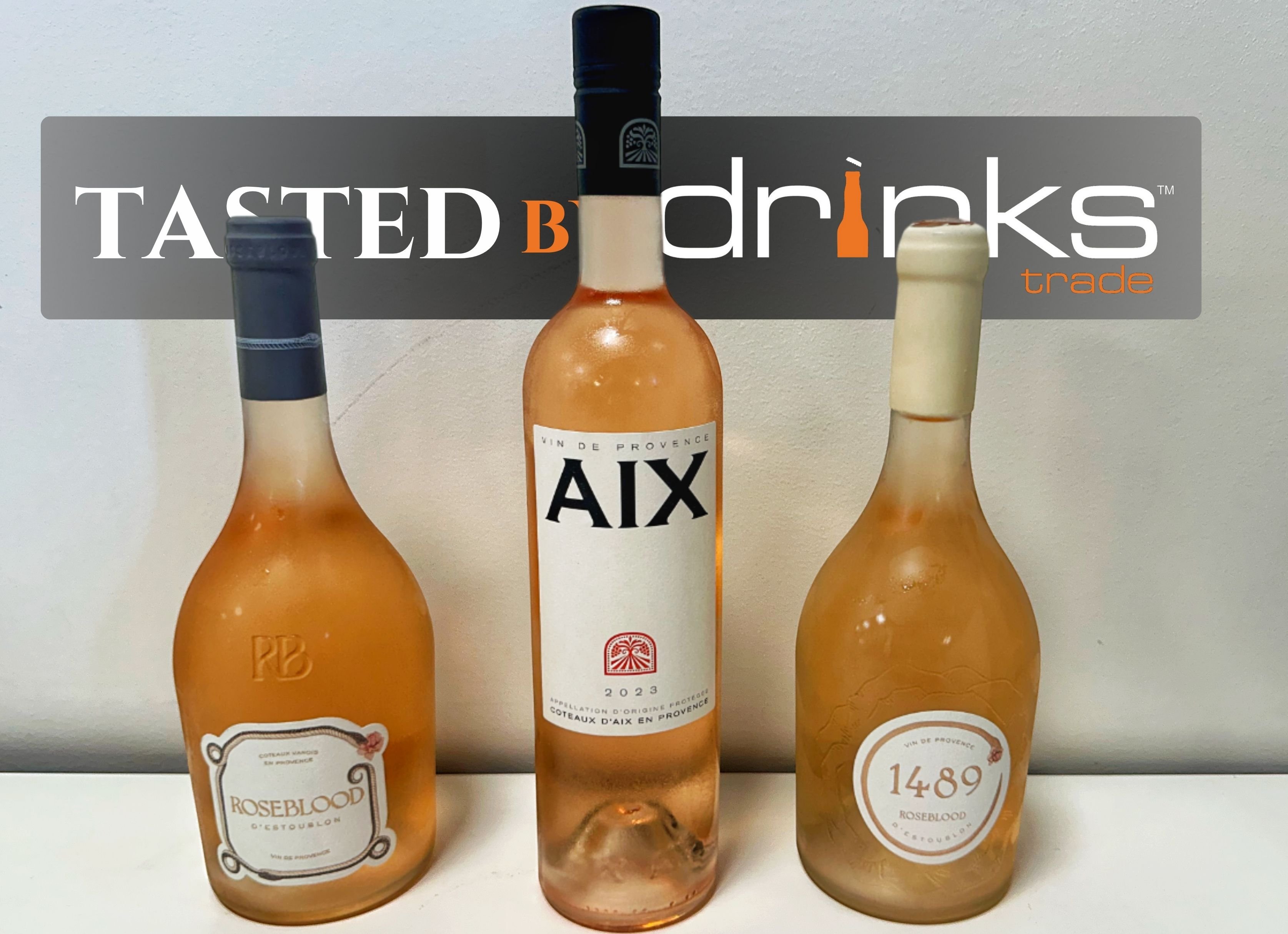Minister for Trade, Tourism and Investment Dan Tehan is on his way to India to advance negotiations on a free trade agreement and promote Australia as a premium destination for students and tourists.
Mr Tehan will have several meetings with his Indian counterpart, Minister of Commerce and Industry, Consumer Affairs and Food, and Public Distribution and Textiles, Piyush Goyal (pictured below with Mr Tehan in September last year) to further negotiations on the India-Australia Comprehensive Economic Cooperation Agreement (CECA).
“Mr Goyal and I have been in regular contact over the Christmas/New Year period because we are both committed to concluding an interim free trade agreement. Nothing can replace face-to-face meetings to help speed up the process in the interest of both countries. Australia and India are important trading partners, and we share a strong desire to further enhance our bilateral trade relationship," Mr Tehan said ahead of his departure.
One of the world's largest and fastest developing economies, India has enormous prospects for the Australian drinks industry and would be a game changer for Australian craft distillers.
Tony Battaglene, CEO of Australian Grape & Wine says, "India is a wine producer and has a very large spirits industry. Its growing middle class consumes alcohol, principally spirits and beer: and we believe there is a growing market for wine. We are strongly supporting an FTA and believe it is an important opportunity to diversify markets in the medium term."
The opportunity for Australian distilleries
According IWSR Drinks Market Analysis, India is the world's ninth-largest consumer of all alcohol and the second largest consumer of spirits (whisky, vodka, gin, rum, tequila, liqueurs), behind China.
IWSR research show that India consumes more whisky than any other country in the world - about three times more than the US, which is the next biggest consumer.
IWSR notes, "The importance of the Indian whisky market to the global wellbeing of the whisky category cannot be overstated: nearly one in every two bottles of whisky bought around the world is now sold in India, and seven of the top ten global whisky brands are Indian."
And so, the likelihood of an FTA with India is welcome news to the likes of Mighty Craft CEO, Mark Haysman whose business is accelerating its its whisky production, with a target to have 300K litres laid down by the end of FY22.
Mr Haysman says that the FTA would be a huge step forward, especially for a brand like 78 Degrees.
"We definitely have India on our roadmap but the FTA creates a bigger opportunity. It means that we would definitely prioritise India more than we would have otherwise.
"It's a big market and a big opportunity to get whisky on the shelves at the right price point. That's the benefit of the FTA. Without it we might not be able to compete, nor get a foothold."
Simon Marton, CEO of Starward agrees: “Here at Starward, we’re always interested in propelling the opportunity for Australian craft spirits around the world by showcasing our whiskies.
"At the moment, we’re focused on growing Starward in Australia and the USA. However, a Free Trade Agreement with India could be very interesting for the Australia spirits industry in the years ahead, given the size of the market and the consumer’s love of all types of whisky."
The opportunity for Australian winemakers
India is certainly on the ten year roadmap as far as the Australian wine industry is concerned. Mr Battaglene says that the elimination of tariffs could open up the market to become an important market for Australia.
"Currently, it is a fairly small market characterised by high tariffs (around 150 per cent). We currently export around 2.5 million litres per annum, but this could grow into a 60 million litre market over the next 10 years under the right conditions," he said.
IWSR reports that domestic Indian producers currently account for 70 per cent of still wine consumption, 80 per cent of the sparkling wine category, and over 80 per cent of the total wine category in India.
In an interview with IWSR, Mr Lee McLean from AGW said, "The Australian approach is to try to collaborate with India’s domestic wine industry, rather than compete with it.
"We believe there is real opportunity for Australian and Indian grape growers and winemakers to work together to grow the market for wine in India."
There are already a number of Australian viticultural and winemaking consultants working with India’s industry, forming relationships and sharing information and expertise.
Mr McMcLean told IWSR that a shift in in the regulatory, taxation and tariff environment "is also a great opportunity for Australian wine businesses to invest in Indian businesses to further develop the Indian wine sector.”
Share the content
